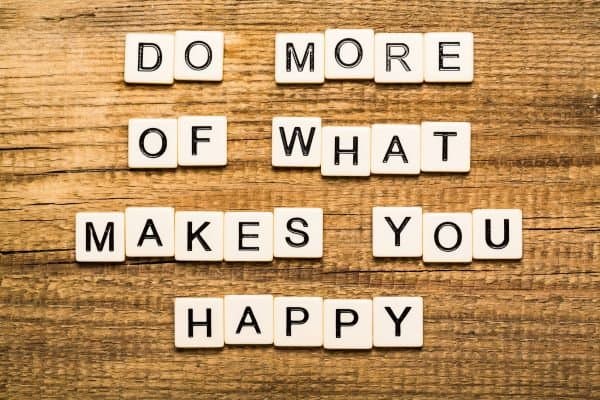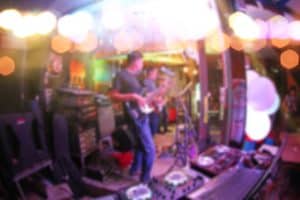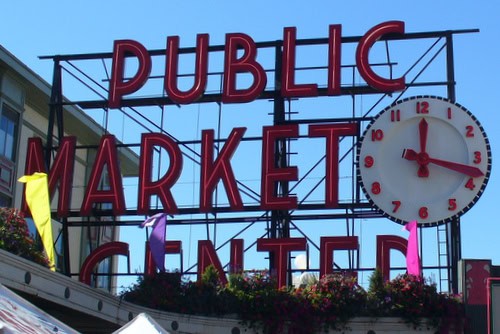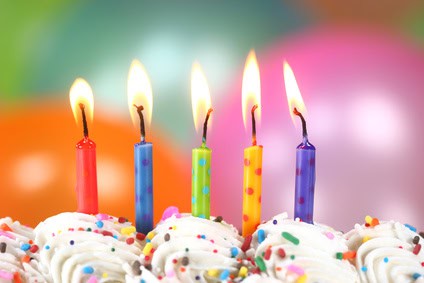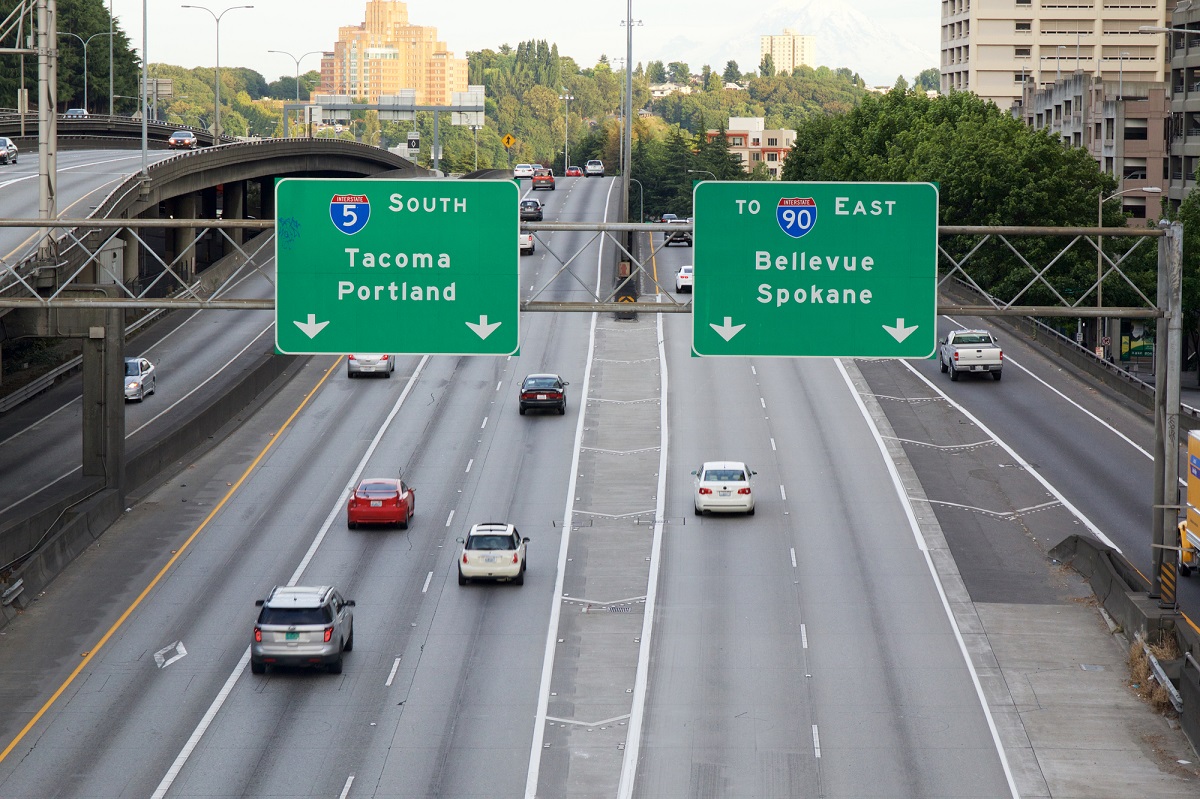Passover or Pesach is the first of the three major festivals in the Jewish calendar. Passover occurs in spring and is followed seven weeks later by Shavu’ot. Sukkot occurs in autumn.
About Passover
Passover commemorates the biblical story of Exodus. As the story goes, Moses pleaded with the Egyptian Pharaoh to free the enslaved Hebrews. The Pharoah refused. In retribution, God bestows ten plagues on Egypt (blood, frogs, gnats, flies, livestock, boils, hail, locusts, darkness, and the death of all firstborn).
The plagues do the trick, and the people of Israel are freed. The complete story is told in the Book of Exodus, Chapters 1-15. The plagues are described in chapters 7-11. So, ultimately Passover is a celebration of freedom.
When the Israelites were freed, legend has it they left in a hurry and could not wait for their bread dough to rise. For this reason, Pesach (Passover) is observed by avoiding chametz or leavened bread (including even the presence of chametz in the house). Since no leavened (raised) bread is eaten during Passover, it is replaced with an unleavened bread called matzo or matzah.
The Jews left Egypt on the first day of Passover. However, they were pursued by the Egyptians until the parting of the Red Sea, which occurred seven days later.
The Passover Seder
The first night of Passover begins with the Seder, a ceremonial meal accompanied by the retelling the story of the Exodus. The Seder meal contains six foods, used in an orderly ritual to commemorate the story of the Exodus.
- matzah (unleavened flatbread)
- zeroa (shankbone)
- beitzah (hard-boiled egg)
- maror and/or chazeret (bitter herbs such as horseradish and romaine or chicory)
- charoset (a sweet mixture that is often made of apples, nuts, wine, and traditional spices)
- karpas or raw vegetable (usually parsley, celery, or a boiled potato)
Other foods may be on the seder table but not on the seder plate: matzah, and salt or vinegar. Contemporary additions may include an olive and/or an orange.
During the Seder, a guide called the Haggadah is used, which means “telling”. Its primary purpose is to guide participants through the ritual meal and indicates when and how each food is used to retell the story of the Israelites Exodus from Egypt.
Passover 2025
In the Jewish luni-solar calendar, Passover begins at the time of the full moon in spring, which occurs in the Hebrew month of Nissan from the 15th through the 22nd. In the civil calendar, the date will fluctuate sometime in March or April.
In 2025, Passover begins before sundown on Sunday, April 13, 2025 ends after nightfall April 20.
There are several ways to greet someone at Passover. Sephardic Jews say “Chag Pesach sameach!” (“Happy Passover!”) or “Chag sameach!” (“Happy holiday!”). In Yiddish, Ashkenazic Jews say “Gut yontif!” (“Good day!”). If you are not sure what to say, let the other person greet you first, and then repeat the greeting back to them.
Passover preparations
The following sections offer ideas for Seattle Passover resources, including Seder customs, haggadahs, recipes, and activities and inspiration for children.
- Guide to celebrating Passover at home
- Send a Passover e-card from Chabad
- Vegan recipes – Jewish Veg
- Ten Plagues Passover Craft – Fun Placards For The Seder
Passover Seder and Haggadah
- Seder Preparations (chabad.org)
- New ‘Haggadah’: A Sacred Text, And A Good Read (npr.org)
- How to dip into the New American Haggadah (UW Stroum Center)
- Review: How square is the hipster haggadah? (UW Stroum Center)
Passover Recipes
- Passover Dishes You’ll Actually Want to Eat
- Passover Pizza with Cauliflower Crust
- Kid-friendly Passover Recipes
- Flourless Passover Desserts for a Delicious Seder
- 31 Fantastic Passover desserts
- 25 ways to use Matzoh
- 10 Ways to Use Up Leftover Hard-Boiled Eggs
Passover Just for Kids
- Make a felt toy Seder Plate
- Free e-book Seder Kit for Toddlers and Preschoolers
- How to Make Your Seder More Inclusive
- Passover songs, stories, and games
- Simple Origami Jumping Frogs For Passover
Seattle Passover Resources
Jewish Federation of Greater Seattle leads a strong Jewish Puget Sound by serving as a community voice, strengthening connections to Israel and World Jewry, and making investments in Jewish life.
Seattle Kosher restaurants, caterers, bakeries, and other grocery resources. Stores in Seattle likely to carry kosher foods include:
- PCC Community Markets at the View Ridge store.
- QFC stores Passover shopping in U Village and on Mercer Island.
- Uwajimaya stores fresh fish department in Seattle, Renton, and Bellevue
- Seattle Kosher online grocery
Find a Passover Seder near you. Community Seder are offered at Chabad around the region. Cost varies; RSVP required.
Event calendar of free and affordable things to do
Listed below are all types of free and affordable things to do in the next 30 days.
Featured Events are listed first each day, highlighted by a photo. These are unique, popular, or annual events that we or our advertisers don’t want you to overlook.
Find more events and ideas for affordable living at Greater Seattle on the Cheap – Free things to do, cheap fun, discounts and deals in the Seattle-Tacoma metro area

